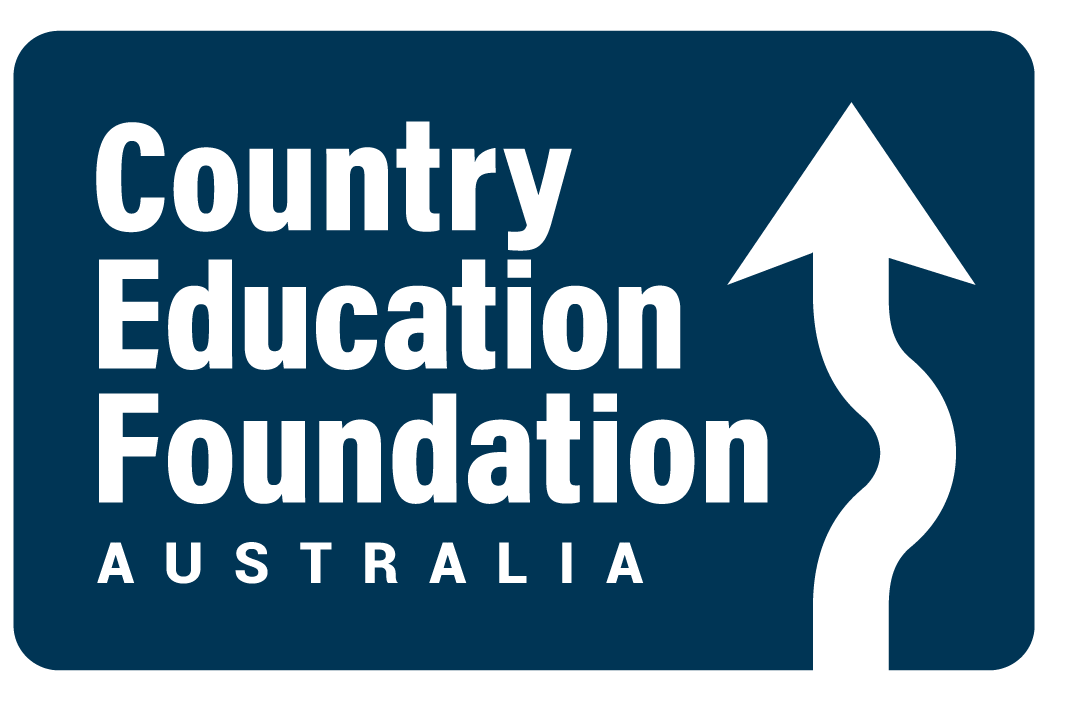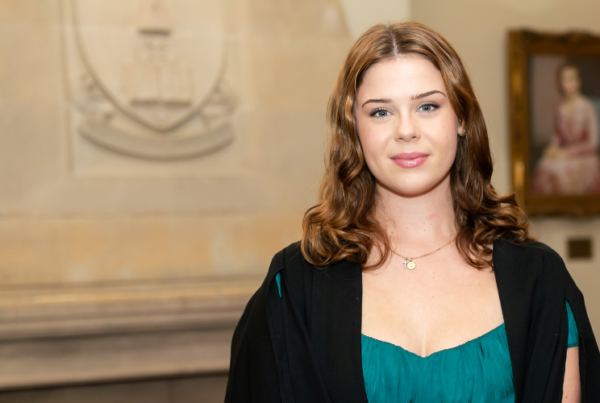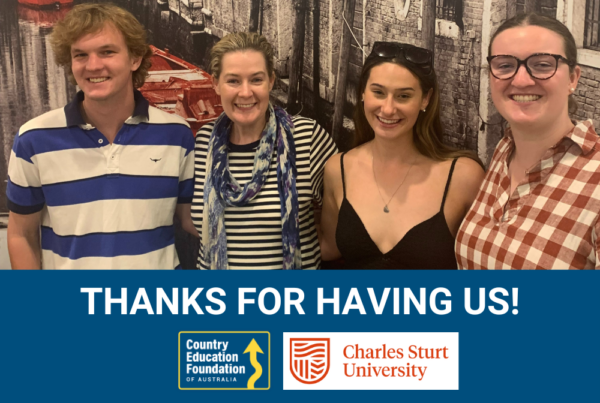SO, YOU ARE HEADING OUT INTO THE BIG, WIDE WORLD!
The independence that comes with leaving home for the first time is exciting – you can do what you want, when you want. But, it can also be a little scary.
Don’t worry, we have you covered. Here, we provide you with some of the #adulting basics you will need to thrive in the real world… you know, now that Mum and Dad aren’t just making it happen!
FUEL FOR THE BRAIN
Do you know how to feed yourself and stay relatively healthy? You don’t have to spend a motza on UberEats or Dominos to get by.
Have a budget and go to the supermarket with only the cash you want to spend. This will stop the splurges and unnecessary purchases.
Have a plan, make a list and stick to it. And the biggest tip? Don’t shop while you are hungry.

Rohan Miliken, CEF Snowy Monaro
University of Melbourne
Here are a few tips to help you out:
- Keep an eye out for sale items – they might be close to the best before date, or the packaging might be damaged.
- If you’re a meat eater, see what’s discounted or buy the cheaper cuts. Discounted stuff can be frozen or cooked straight away.
- Look for ‘ugly’ fruit and veg. It is still good and will taste the same BUT is cheaper.
- Invest in a slow cooker, cook in bulk and freeze. Think curries, pastas and soups.
- There’s nothing wrong with plain label stuff. Go for the Woolworths or Coles branded items, it’s almost the same.
- Take snacks to classes so you’re not tempted to buy café food. Think muesli bars, fruit, carrots sticks and yogurt.
- Get a water bottle and refill as you go, you’ll save the environment and your bank balance.
- Avoid buying your coffee. Make it yourself to take with you in a reusable travel cup.
$1,460 – IMAGINE WHAT YOU COULD DO WITH THAT?!
STAYING CRISP AND CLEAN
Now you are out on your own, you will need to do your own washing – sorry!
It is super important for hygiene and overall health. And of course you want that costume for ‘toga night’ to be crisp and clean.
Do you know how often you need to wash things? Or even what you need to wash with?
Here is some advice to get you started:
- Washing should be one of those weekly jobs you try to keep on top of.
- Washing can be done at any time, but it might be a good habit to start doing it on a week night. Weekends might be a bit hectic.
- A dedicated ‘white wash’ might be overkill. Unless you put something red in there you should be OK.
- Always wash your clothes on a cold wash. Not only is it better for the environment, it’s a quicker turnaround.
- If you’re unsure about how to wash a piece of clothing ALWAYS read the tag.
- Sheets can be pushed to 2 weeks in summer, and 3 weeks in winter – BUT no more.
- If you have a top sheet (the sheet between you and the doona) you only need to wash your doona once a term, unless you see it’s filthy.
- If you need to pay, always have a stash of coins on hand.
- You will always need to provide your own detergent, so keep an eye out for specials at the supermarket.
- Change your towel every three-four uses. This means you need 2-3 towels, just roll them away when you’re not using them.
37 YEARS – MAKE SURE IT’S CLEAN!
MONEY, MONEY, MONEY
Money management is a skill, and one you need to practice if you are going to make it as an adult. Now is a good time to sit down and think about your income and expenses and as boring as it sounds, create a budget. This will help you make sure your bills are paid and you are fed. At the end of the day, if these things aren’t sorted, you will be stressed and your study will definitely suffer.
Zack Mason, Hastings
Macquarie University
Here are some things to think about:
- Work as much as you can the summer before you start uni so you can begin your new adventure with some money in the bank.
- Keep the money needed for regular bills, in a separate bank account and don’t use it for anything else.
- Set up direct payments or BPay for bills. If you schedule these for a day or two after any payments are coming into your account, they get paid before you can spend.
- Try to save a small amount every week. It all adds up, and will give you a little breathing space when it comes to money.
- Before spending, think need vs. want. Is it something you can do without? Can you get it another time?
- Keep receipts for all purchases and money transactions to check against your bank statements. Better to be safe.
- Be aware of and try to avoid things that blow out your budget, such as impulse purchases or takeaway.
- Credit cards are money traps. Use your debit card instead, most of these have a credit function so you can use online, but still using only YOUR money.
- If your budget shows you’re in some trouble, you may need to take action and reassess your circumstances.
- Ask for help. You can visit your student services centre and ask to talk with a financial planner.
$520 – NOT A BAD SAFETY NET FOR A STUDENT!
OTHER BORING ADULT STUFF
As a fully-fledged adult now, there are some other things to think about, if you haven’t already. Some you might need to sort out now, other stuff maybe a little down the track, but these are all things that, in the long-run, will make your transition from high-schooler to adult successful.
Have you considered:
- If you have a car, make sure you factor insurance, registration and fuel into your budget, especially if this is your primary mode of transport.
- You might want to think about contents or renters insurance. This will give you peace of mind if something goes wrong, like a 2-minute noodle fire at 2am.
- Consider private health insurance. Even if you don’t use it, knowing that it is there if you get unwell or have an accident can take a weight off your shoulders.
- Keep an eye out for student discounts. Many businesses and services offer great discounts for students from haircuts to meals, to movie tickets to bus fares. It never hurts to ask!
- Take your own lunch instead of buying food on campus, which is a really expensive way to eat. It will be so much cheaper.
- When you go out – take only a certain amount of cash, and don’t take your card. This will mean you know you only have that amount to spend before going home, without being tempted to just tap and go.
Finally, don’t forget to check out these great CEF resources for a little extra help!
CEF grants are available to ALL students aged 16 – 25 from a CEF area undertaking post school education, See if you have a local foundation HERE.
The CEF Scholarships Guide lists 100’s of available scholarships from various universities and organisations. Check it out HERE.
CEF Extra is a national program providing scholarships and other opportunities from partners and supporters. A full list can be found HERE.
‘Make it Possible’ is the CEF rural and regional inspiration hub with advice, resources and tips on undertaking education after school. Read more HERE.






Recent Comments